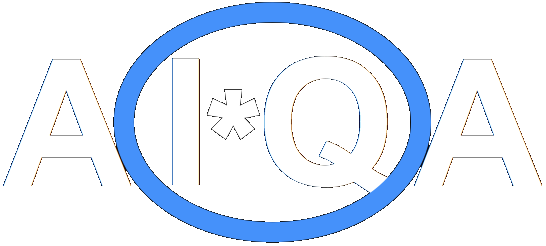
Artificial Intelligence (AI) is attracting much attention and it will be a major driver of technology in the coming years.
It will bring a big transformation to many industries, such as transportation, manufacturing, healthcare, communications,
financial services, and more. This is possible because of the big data availability, the advances in hardware capabilities and
the inventions of new models, methods, algorithms capable to offer new solutions for long-standing research problems.
Question Answering (QA) is a complex task that requires the ability to understand the natural language (NLU) and to reason
over relevant contexts. Almost all Natural Language Processing (NLP) tasks can be seen as QA problem (e.g. entity extraction,
sentiment analysis, machine translation).
Recently, QA by using novel AI techniques has seen scientific and commercial popularity that attracted media attention,
but effective QA is a challenging task for machines that try to simulate the human behaviour.
Some solutions are based on Information Retrieval (IR) techniques, other on Information Extraction (IE) processes that enable to
create Knowledge Bases (KBs), so logic-based query languages are used to infer answers from KBs. KB-based solutions can be satisfactory
for closed-domain problems, but they are unlikely to scale up to answer questions on any topic.
Novel approaches for QA over documents are based on Deep Neural Networks that encode the documents and the questions to determine
the answers.
A lot of research has focused on learning from fixed training sets of labeled data, but other try to learn through online interaction
(dialogue) with humans or other agents. This is the case of conversational agents (or conversational interfaces/bots/chatbots)
that adapt their model based on teacher's feedbacks (Reinforcement Learning) and change beliefs in response to new information.
The purpose of the AI*QA 2018 workshop is to bring together researchers, engineers, and practitioners interested in the theory and applications related to the Question Answering (QA) problem by using Artificial Intelligence (AI) techniques. The aim is to better understand the advantages and the limitations of proposed solutions and systems in different domains and situations by stimulating and facilitating through the workshop an active exchange, interaction, and comparison of approaches, methods, tools, and ideas.
Topics of interest include but are not limited to:
September 2, 2018
Join us to share, discuss, learn, network and collaborate about AI*QA and visit Budapest!
For any question, please, conctact us
Submission link: https://easychair.org/conferences/?conf=aiqa2018
Authors are invited to submit electronically original contributions in English, carefully checked for correct grammar and spelling, addressing one or several topics of interest. Each paper should clearly indicate the nature of its main contribution. Work in progress or discussion about ideas, methods, and initial experimental results are also welcome.
Camera-ready version & Copyright Form

The conference will be held in
Danubius Hotel Flamenco ****
, Wellness and conference hotel Budapest, Hungary
Address: Budapest, Tas vezér u. 3-7, 1113
https://www.danubiushotels.com/en/our-hotels-budapest/danubius-hotel-flamenco
For any question, please, conctact us
If you have any further question or information request on AI*QA 2018 workshop, please, contact us:
send an email to: linda.oro@icar.cnr.it
follow us: @AIQA2018